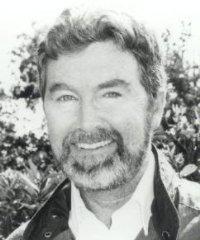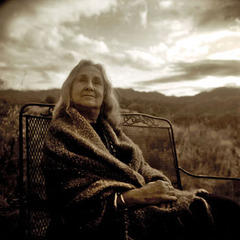Samuel Johnson Quotes
Samuel Johnson (1782). “The Beauties of Johnson: Consisting of Maxims and Observations, Moral, Critical, and Miscellaneous, Accurately Extracted from the Works of Dr. Samuel Johnson, and Arranged in Alphabetical Order, After the Manner of the Duke de la Roche-Foucault's Maxims”, p.69
Samuel Johnson (2012). “Rasselas, Prince of Abyssinia”, p.72, Simon and Schuster
Fraud and falsehood only dread examination. Truth invites it.
Lectures on the Elements of Political Economy, 1831.
Samuel Johnson (1851). “The beauties of Johnson: choice selections from his works”, p.41
Curiosity is one of the most permanent and certain characteristics of a vigorous intellect.
The Rambler, No. 103, March 12, 1751.
Samuel Johnson, Hester Lynch Piozzi, James Boswell (1787). “The Beauties of Samuel Johnson, LL.D.: Consisting of Maxims and Observations, Moral, Critical, and Miscellaneous, to which are Now Added, Biographical Anecdotes of the Doctor, Selected from the Late Productions of Mrs. Piozzi, Mr. Boswell, ...”, p.132
Samuel Johnson, Arthur Murphy (1837). “The Works of Samuel Johnson, LL. D.: With an Essay on His Life and Genius /c by Arthur Murphy, Esq”, p.95
Quoted in James Boswell, The Life of Samuel Johnson (1791) (entry for 15 May 1783)
James Boswell, Samuel Johnson (1824). “The Life of Samuel Johnson, LL. D., Comprehending an Account of His Studies, and Numerous Works, in Chronological Order: A Series of His Epistolary Correspondence and Conversations with Many Eminent Persons; and Various Original Pieces of His Composition, Never Before Published; the Whole Exhibiting a View of Literature and Literary Men in Great Britain, for Near Half a Century During which He Flourished”, p.101
Samuel Johnson, Elizabeth Carter, Samuel Richardson, Catherine Talbot (1809). “The Rambler”, p.94
James Boswell, Samuel Johnson, Edmond Malone (1824). “The life of Samuel Johnson, LL. D., comprehending an account of his studies, and numerous works, in chronological order: a series of his epistolary correspondence and conversations with many eminent persons; and various original pieces of his composition, never before published; the whole exhibiting a view of literature and literary men in Great Britain, for near half a century during which he flourished”, p.291







